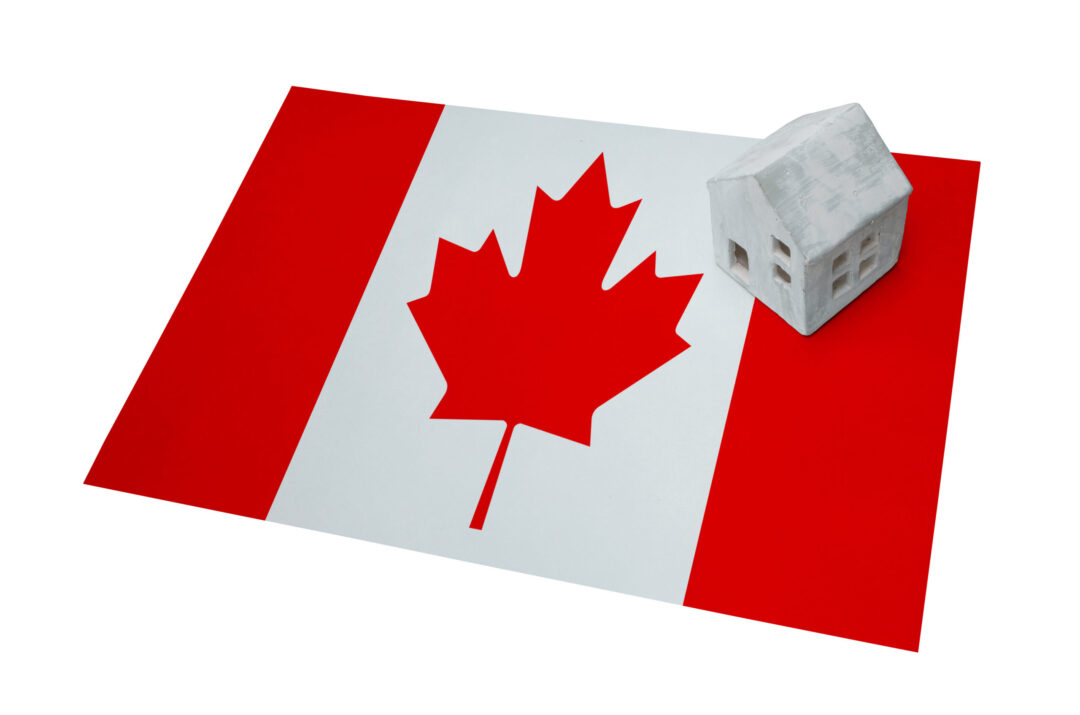A coalition of housing and homelessness organizations has joined forces to launch an awareness campaign to motivate Canadians to “vote housing” in the next federal election. The campaign officially took off today.
The message is clear: end homelessness and housing inadequacy in Canada. And the next federal election campaign—expected shortly—needs to take that into account. Four non-profit organizations—the Canadian Alliance to End Homelessness, the Co-operative Housing Federation of Canada, the Canadian Lived Experience Leadership Network and the Canadian Housing and Renewal Association—joined together to organize an awareness campaign called “Vote Housing,” which officially launched June 17.
The campaign is non-partisan and seeks to mobilize Canadians to tell political parties that their votes will be determined by the commitments the parties make to support housing and fight homelessness.
Every day, the coalition notes, 1.7 million Canadian households “live in a home that is either unaffordable, overcrowded and/or needs major repairs, while 35,000 Canadians experience homelessness on any given night.”

“You know, we want to showcase that our case is very, very strong,” Dallas Alderson, CHF Canada’s director of public affairs and policy, explained in a video presentation of the campaign. “Candidates will have to pay attention to this issue because there’s so many voters behind it. And, ultimately, the next federal government will need to as well.”
Zain Velji, who is leading the awareness campaign, believes the problems of homelessness and housing needs should be considered “undeniable”.
“The goal of this campaign is to ensure that if we build a coalition of everyday Canadians, that is large enough, that is loud enough, then our issues are undeniable,” Velji said in the same presentation. Housing advocates, he said, need to ensure “that housing is on the agenda, [so] it can’t be dithered, there’s no heel dragging.”
A six-point plan
The campaign platform is organized around six points:
- Implement an urban, rural, and northern Indigenous housing strategy containing both dedicated investments and an Indigenous-led governance structure;
- Commit to the prevention and elimination of homelessness;
- Invest in the construction and operation of a minimum of 50,000 units of supportive housing over a decade;
- Build and acquire a minimum of 300,000 units of deeply affordable, non-market, co-op and non-profit housing over a decade;
- Commit to the progressive realization of the right to housing, including measures to curtail the impact of the financialization of rental housing markets, address the unique needs of equity-seeking communities in the National Housing Strategy, and ensure people with lived expertise of housing need and homelessness are engaged in all levels of policy development and implementation;
- Expand rental assistance for low-income households to reduce core-housing need and prevent a wave of new homelessness resulting from the pandemic.
Rather than having specific demands, the campaign is intentionally guided by broader objectives. “First, we want Canadians to see themselves in this campaign,” Velji explains. “Secondly, we know that if we were to go deep on a policy, we would probably risk alienating certain political parties. So in order to do that, we’re keeping it at a values-based system to allow flexibility for political parties to see themselves in this solution.”
Actions will be carried out both online and on the ground. Volunteers will be sought for various tasks, such as door-knocking (while respecting health regulations), making phone calls, organizing on social media or setting up Zoom meetings, or for planning activities or leading teams of volunteers.
People who want to join the campaign can sign the pledge to cast a ballot on the Vote Housing website. Individuals or organizations that wish to publicly declare their support can become involved as “endorsers” and provide testimonials or information about the campaign, or distribute campaign materials to their contacts. It is also possible to make financial or material contributions.
“Everyone does deserve a reasonable place to call home in this country,” says Velji. “That is not a high bar. And if you think that’s a low enough bar, we want you on this campaign.”



